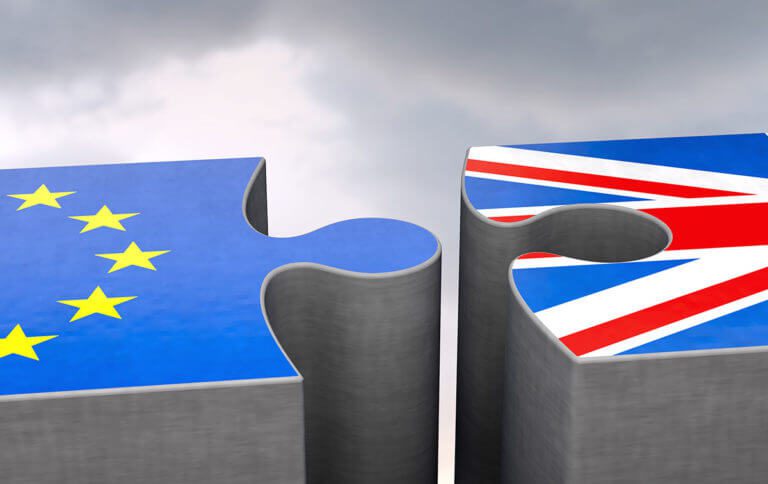International Trade has proven to evolve very quickly and change rapidly with fluctuations in the political environment. Of particular interest is in the United Kingdom, where the Brexit saga has been recently resolved and been approved by the EU. In result the UK has left the EU on January 31st 2020, but will be in transition mode throughout the year.
What will this mean for importers and exporters?
What will happen now after 31 January 2020?
As of 1 February, the UK is no longer a member of the EU and they have now entered a transition period that lasts until 31 December 2020. During this time there will be no changes to the terms for trading with the EU or the rest of the world, unless the rules change for the whole of the EU. This means EU rules for customs, VAT and excise will continue to apply to the movement of goods and trade for this limited time. There will be no new customs procedures at present but one should start preparing for the changes to come.
And what happens after 31 December 2020?
Starting 1 January 2021, businesses who trade with the EU will need to prepare for new customs arrangements. For example, for trade between Great Britain (GB) and the EU, businesses will need to make customs declarations to import and export goods once the UK is outside of the EU’s customs territory. Looking at solutions such as KlearNow.AI is a great options as you prepare for the changes to come.
How will Trade between Northern Ireland and the EU be affected?
The UK government’s approach for moving goods between Northern Ireland and Ireland if the UK had left the EU without a deal no longer applies.
New arrangements will replace this and ensure that there is no hard border on the island of Ireland and that Northern Ireland remains in the UK’s customs territory.
Here below we are mentioning some other changes to be aware of…
Transitional Simplified Procedures (TSP) and VAT
Registration and use of Transitional Simplified Procedures (TSP) for imports from the EU is currently suspended. Traders will not need to use TSP between February and December 2020.
Postponed VAT Accounting is also currently not available during the transition period.
The UK Government has recently issued a letter to UK businesses that trade with the EU and Rest of World countries and this is available to view on GOV.UK. The letter contains details on customs declarations and the importance of a UK Economic Operator Registrations and Identification (EORI number). One has to register itself as a UK Company with HMRC before being able to apply for an EORI number.
In essence if you are currently exporting from the US or any non-EU country into the UK then Brexit should not affect you apart from possible delays in customs bandwidth. However, if you are currently importing via the EU or from the EU then you will need to start preparing so that the possible disruption to your supply chain is as minimum as possible.
We will be in touch throughout the transition period with further details of how we at KlearNow.AI will be there to support you throughout this process. Stay tuned or reach out to us directly, we look forward to becoming your customs guide!

